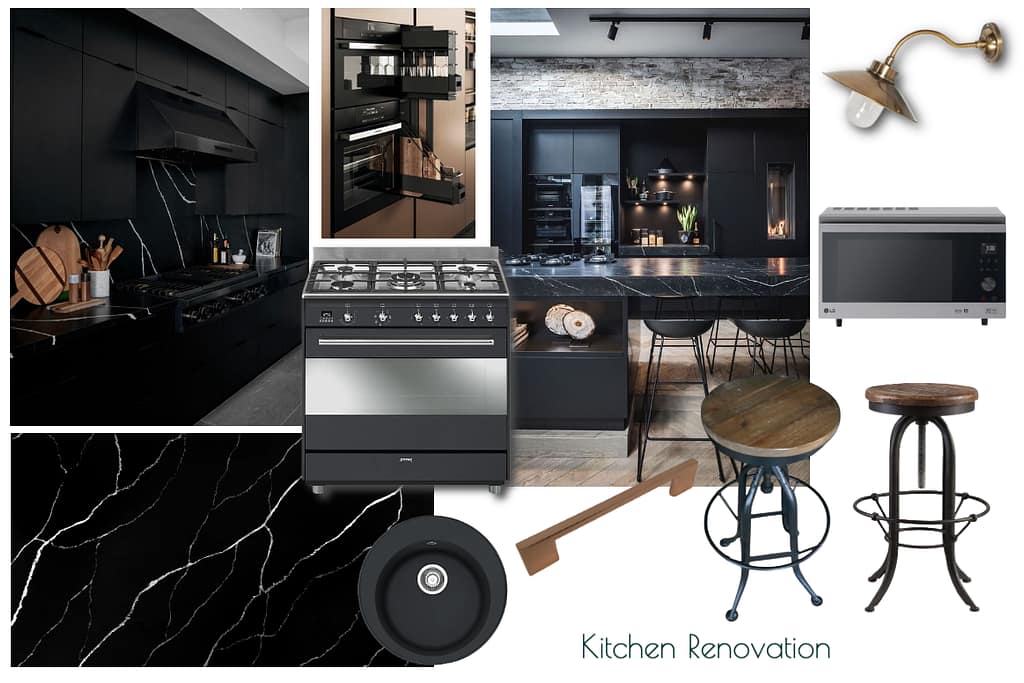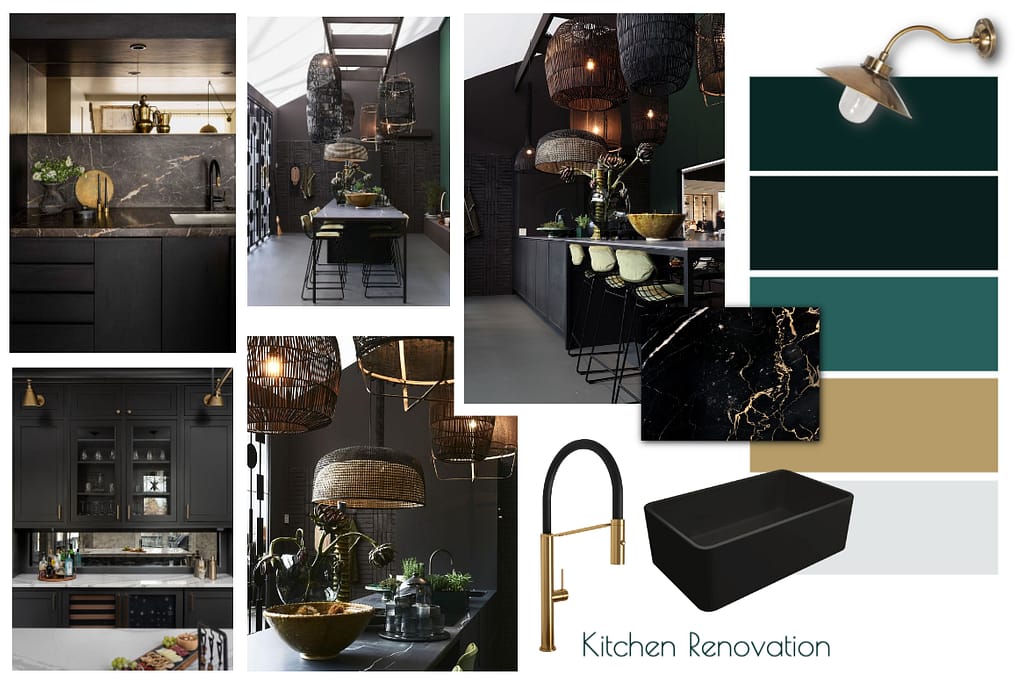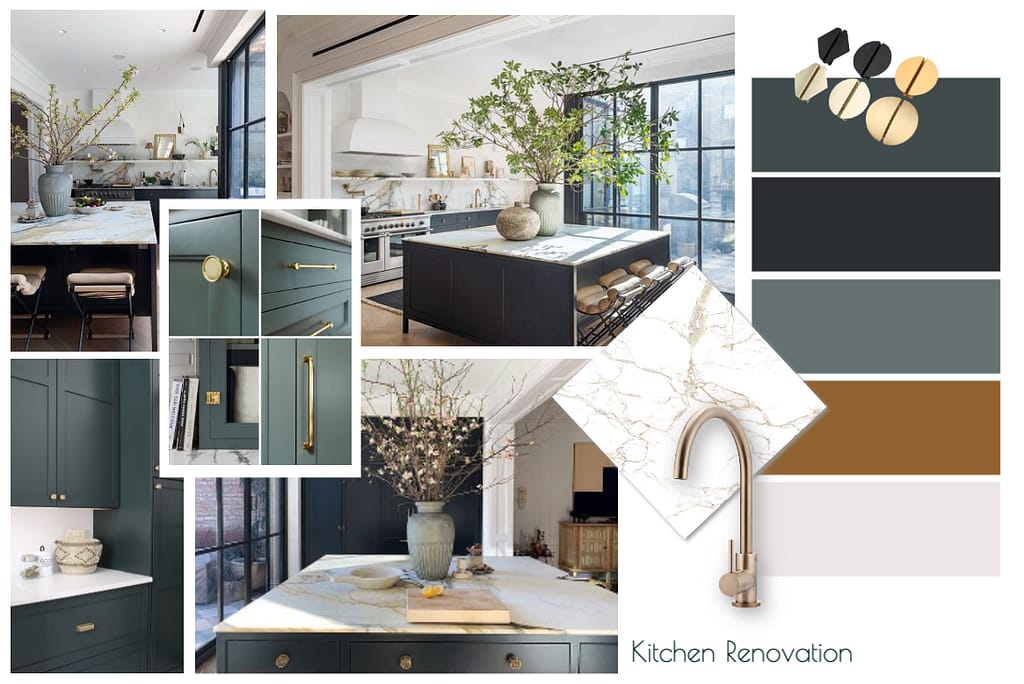Last Updated on October 16, 2024 by SampleBoard
When renovating your home, the main concern is value. Is it going to be worth the time, money, and effort you put into the project?
What should you renovate, and what should you leave alone?
This guide gives general advice on home renovations to help answer those questions.
Take local market conditions into account when deciding how much to spend on a renovation.
While some renovations will make your home worth more, others might not, and in some cases, they might even diminish your home's value.
A good appraisal report will tell you what your house is actually worth, which can help you decide whether to renovate or move.
To get started with the appraisal process, ask a mortgage lender for recommendations from an accredited appraiser with experience in your area.

Although it’s not an exact science, there are several ways to measure the return on investment (ROI) of your renovation project.
The simplest approach is to calculate how much you spent on the project itself versus how much you gained in home value.
You can also look at the average ROI for your particular type of renovation.
SmartAsset found that homeowners recoup around 53% of their investment in bathroom remodels, 68% for a kitchen remodel, 77% for installing new windows, and up to 101% for a minor kitchen facelift.
Another good way to think about it is by comparing your home’s value pre- and post-renovation.
If there was no change, then you probably didn’t invest enough; if there was only a slight bump, then you may have spent too much; but if your home value has increased substantially since the renovation finished, then congratulations—you picked the perfect amount.

One final question you should ask yourself when figuring out your budget is how long you plan to stay in the home.
Ultimately, the return on investment isn’t just about the money; it’s also about whether you will be able to afford future payments and whether or not you are planning to sell the home in the future.
For example, if you are nearing retirement age, a kitchen renovation may not make much sense because it would be difficult for you to recoup that cost once it comes time to sell.
A smart idea may be investing in more affordable flooring. If you can see yourself living in this home for several more years, then go ahead and splurge on that marble countertop!

When deciding which renovation to undertake, it’s important to remember that renovations are not equal. Some add more value than others, and some are a waste of time and money.
This means tons of affordable renovation ideas could have a huge impact despite the cost and vice versa.
Generally speaking, kitchens and bathrooms offer the best return on investment since these spaces have a huge effect on the overall value of your home.
But don’t spend $100,000 on a new kitchen if you live in a neighborhood where houses sell for $150,000.
The same applies to the bathroom: make changes and upgrades that reflect the way people actually shop for homes in your area.
Other projects can add value to your house but at a much lower rate than kitchens or bathrooms do. These include extra bedrooms, finished basements, hardwood floors, and updated windows.
Painting can be one of the most cost-effective ways to dramatically change the feel of a space without breaking your budget (and also gives you total control over colors!).
Adding storage space is another great way to maximize both function and aesthetics without undertaking an extensive remodel.
When it comes down to it, just keep in mind that renovations needn’t be extravagant or complicated—a fresh coat of paint here or some minor landscaping there could make all the difference!
When seeking contractors, it’s always best to get at least three estimates in writing. Online reviews can be helpful but don't rely on them completely.
Ask your friends and family what companies they have used before or had good experiences with. Get recommendations from people you trust.
But remember that even if a company does great work for someone else, it doesn’t mean that it will do great work for you.
If you know what you're doing, and have the time, DIY projects can save money.
But be honest with yourself: if a project requires special tools or skills that are beyond your capabilities, it's best to leave those to a professional.
You can get a lot more bang for your buck by making a larger down payment.
The principal of the loan is how much you actually borrow: when you make a larger down payment, you decrease your principal, and in turn, decrease the amount of interest that will accumulate over the life of the loan.
This means that if you pay off $100,000 of your mortgage (that's thirty grand more than the minimum), then you'll save $36,000 over 25 years!
That's a nice chunk of change to save just by putting some extra money upfront.